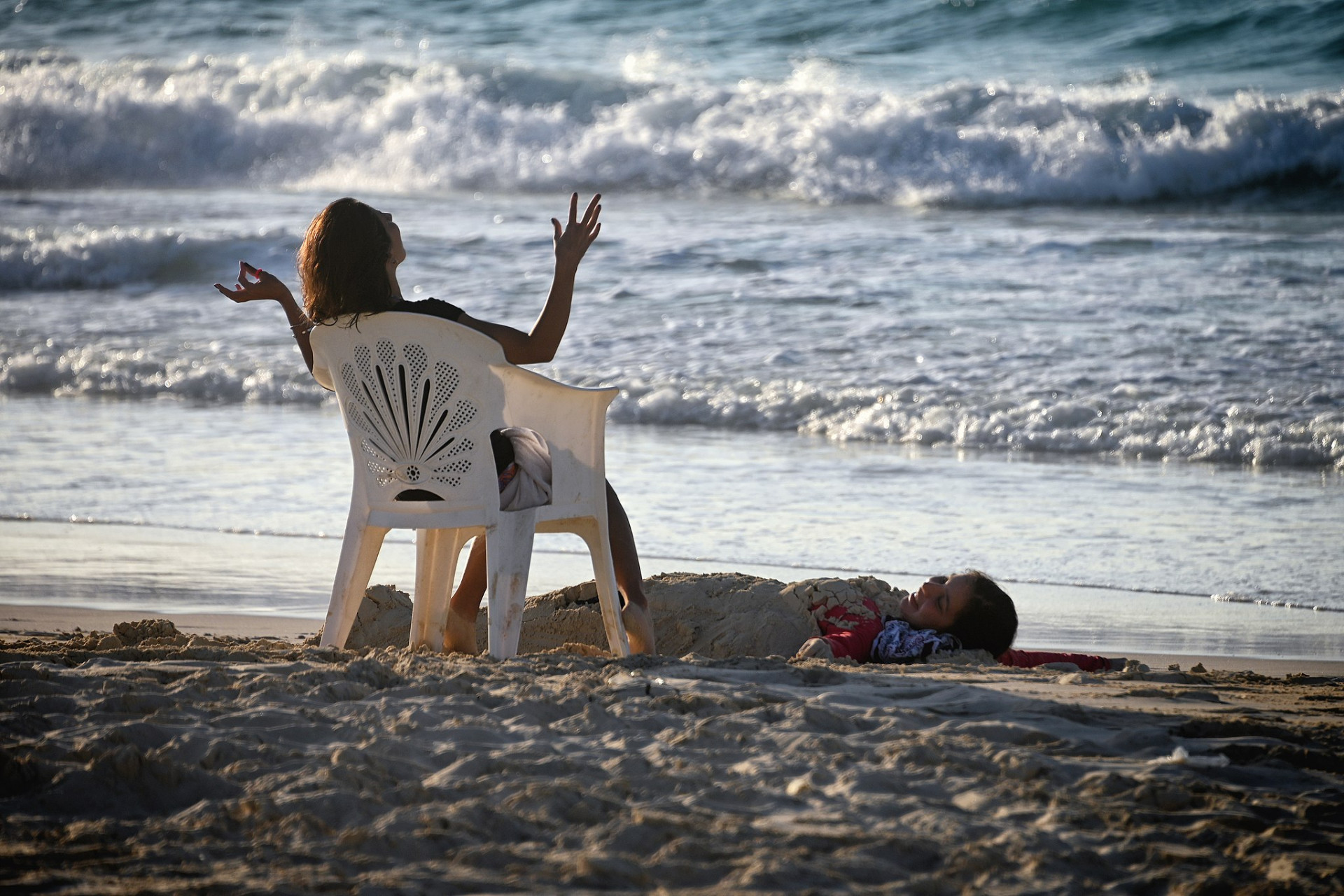I have just returned for leading a retreat for twenty women and men supporting them as they prepare for their life as clergy. They talked about their communities and families. They shared the stress and strain and anxiety that many are feeling in their families and communities. The future feels fragile – a change in political leadership, the war raging in Ukraine, and a cost of living crisis that will affect those many families who already struggle to make ends meet. As the summer slips away and the nights draw in, anxiety and powerlessness pervade the air we breathe.
So what can be done? All this is real and we need to look at it in the eye and name it in all its difficulty, uncertainty, disquiet and unease: to name it as it is, to describe the facts and feelings of a situation no matter how unpleasant they may be. That sense of insecurity (something bad is going to happen); of helplessness (there is nothing I can do) and isolation (there is no one to help me) are very tough to deal with.
In this adversity the mess of the moment should not rob us of our sense of the goodness that is present for us. Our families, those who we care for, our work, our homes, music, exercise, the familiar sounds and routines of our neighbourhood, the birds and the changing colours of late summer. There is some coherence to the familiar that may help us to nurture hardiness and confidence.
Our lives may be tough but there is still a beating heart of purpose to it. We can and we will celebrate its meaning for us and those we love. We do have the capacity to deal with difficult situations throughout our lives – we can turn threats into a challenge. In all of this chaos there might just be something that we can change for the better. Hope lies within our hearts and souls. Against all odds we might ask ourselves what it is that we can be and do that might bring out the best of the present times.
Here are three suggestions:
1. Ask a neighbour or friend how they are! Offer them some time for listening to each other. Time given to others for their story to be heard can help us feel understood. It is always good to share what is going on for us.
2. Write to an energy boss, your local councillor or MP or the new PM – and make sure they know what your experiences are and what difficulties you are facing.
3. Offer some time for one small act of kindness to a neighbour or friend. Imagine what a difference that one flickering light of kindness would make in the darkness we face.
This piece is adapted from the Footnotes column in the Salisbury Journal (08.09.22).
The Revd Canon Professor James Woodward is Principal of Sarum College. Visit his website

Leave a Reply